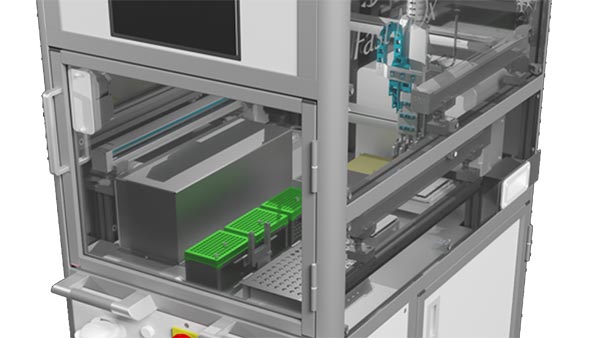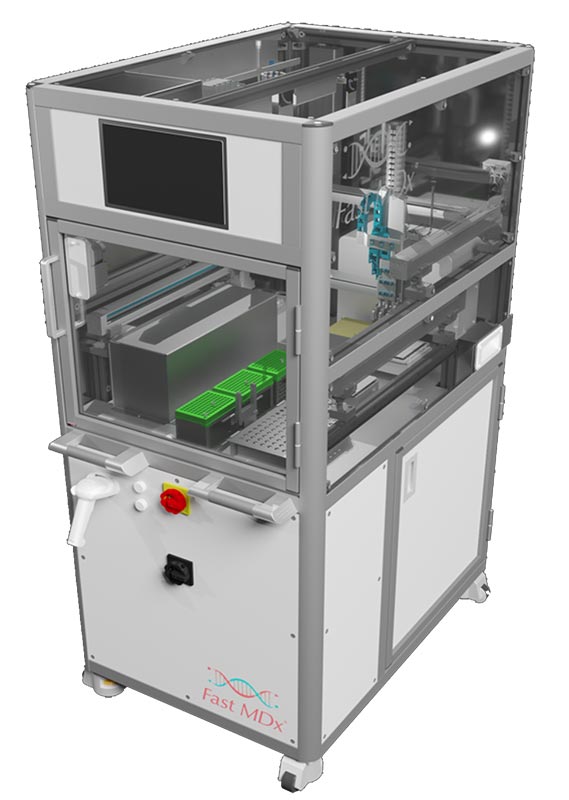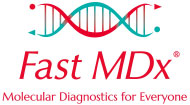How Fast MDx can dramatically ease the severe shortage of Medical Laboratory Technologists

Canada is currently grappling with a severe shortage of skilled healthcare professionals, particularly in the fields of medical laboratory technology (MLT) and radiology technology (RT).
The insights that are being gained from the Canadian experience and how they may prove useful for clinical laboratories and anatomic pathology groups in the United States, are discussed in International Laboratory News (3 January 2024).
The Canadian Society for Medical Laboratory Science (CSMLS) highlighted that a significant portion of MLTs would be eligible for retirement in a decade, impacting rural and remote areas the most. This staffing concern affects all provinces and territories, resulting in a significant decrease in healthcare workers, thereby affecting organizations and their staff.

A common trend observed in government-run healthcare programs, such as those in the UK, Canada, New Zealand, and Australia, is the consistent underinvestment in building new facilities, upgrading existing ones, and training or retaining an adequate number of physicians, nurses, and clinical laboratory/radiology workers. The consequence is evident in prolonged patient wait times, particularly for elective procedures, ranging from six months to a year or more.
A Canadian example is Pasqua Hospital in Regina, serving southern Saskatchewan, which faces potential shutdown of diagnostic services due to chronic staffing shortages. Urgent cases are already challenging to manage, and non-urgent treatments may require appointments six to 12 weeks in advance. Over 1,500 residents in Saskatchewan have been waiting for computerized tomography (CT) scans for more than 90 days, accentuating the strain on healthcare services.
Low-cost automation like the Fast MDx platform, has been developed to remove the mundane repetitiveness of high-throughput testing, that routinely causes manual handling errors and will allow skilled MLTs, that are in short supply, to carry out more complex test procedures.
The struggle with shortages in Canada provides valuable insights for clinical laboratory leaders in the United States. The Canadian Alliance of Medical Laboratory Professionals Regulators (CAMLPR) is actively collaborating with government authorities to address the nationwide shortage of medical laboratory professionals. Adam Chrobak, Registrar/CEO of the College of Medical Laboratory Technologists of Manitoba, points out that although approximately 25,600 new medical laboratory jobs will be available by 2031, only about 20,400 individuals are expected to pursue these roles.
4th January 2024








